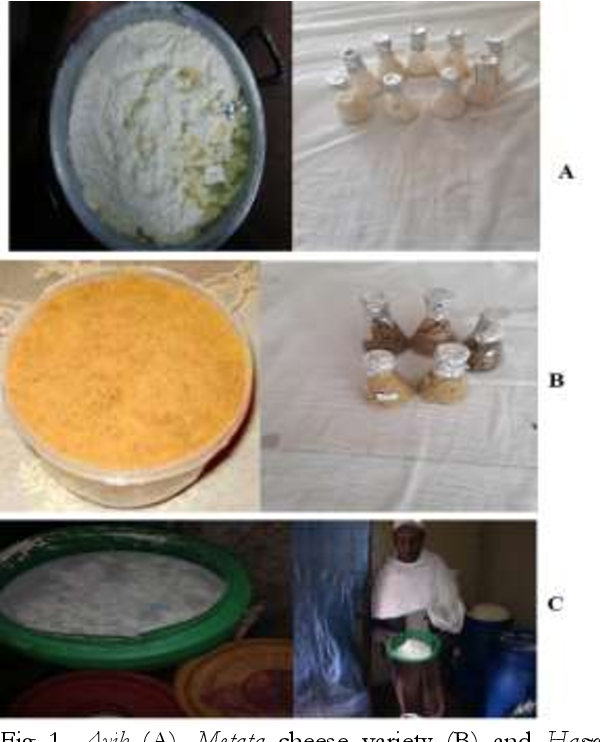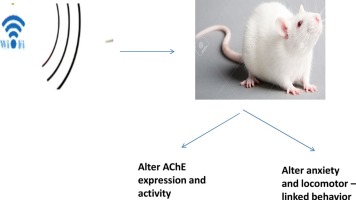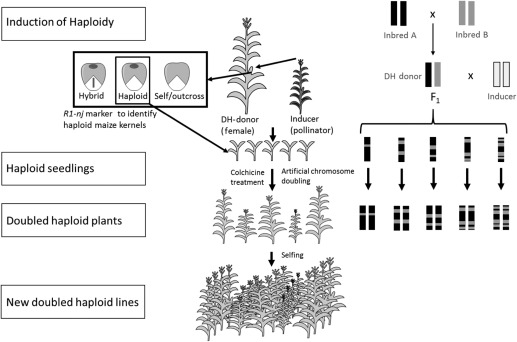Technical Efficiency of Wheat Production by Smallholder Farmers in Soro District of Hadiya Zone, Southern Ethiopia
Downloads
Productivity of what in Ethiopia is below potential. This could be attributed to a number of factors among
which is lack of knowledge on how to use new wheat crop production technologies. Therefore, this study was conducted to estimate the technical efficiency of smallholder wheat producers and identify its determinants in Soro district of Hadiya zone, southern Ethiopia. Cross sectional data from a random sample of 125 wheat producing farmers were collected during the 2015/16 main production season and analyzed. A Cobb-Douglas Production Function and Stochastic Frontier Analysis were employed to achieve the objectives. The results revealed that the mean technical efficiency of wheat producing farmers was 72%. The discrepancy ratio gamma (γ), which measures the relative deviation of output from the frontier level due to inefficiency, was about 63%. This implies that about 63% of the variation in wheat production among the sample farmers was attributed to technical inefficiency effect. The estimated inefficiency parameters showed that age, education level, land ownership, fertility status of the plots and
extension contact negatively and significantly affected technical inefficiency of wheat production showing that an increase in the value of the variable attached to the coefficient means the variable negatively contributed to inefficiency level or conversely it contributed positively to efficiency levels. However, land fragmentation positively and significantly affected technical inefficiency showing that this variable has a negative influence on technical efficiency.
Copyright (c) 2019 Assefa Ayele, Jema Haji, Bosena Tegegne

This work is licensed under a Creative Commons Attribution-NonCommercial-NoDerivatives 4.0 International License.
- I am authorized by my co-authors to enter into these arrangements.
- I warrant, on behalf of myself and my co-authors, that:
- the article is original, has not been formally published in any other peer-reviewed journal, is not under consideration by any other journal and does not infringe any existing copyright or any other third party rights;
- I am/we are the sole author(s) of the article and have full authority to enter into this agreement and in granting rights to Springer are not in breach of any other obligation;
- the article contains nothing that is unlawful, libellous, or which would, if published, constitute a breach of contract or of confidence or of commitment given to secrecy;
- I/we have taken due care to ensure the integrity of the article. To my/our - and currently accepted scientific - knowledge all statements contained in it purporting to be facts are true and any formula or instruction contained in the article will not, if followed accurately, cause any injury, illness or damage to the user.
- I, and all co-authors, agree that the article, if editorially accepted for publication, shall be licensed under the Creative Commons Attribution License 4.0. If the law requires that the article be published in the public domain, I/we will notify Springer at the time of submission, and in such cases the article shall be released under the Creative Commons 1.0 Public Domain Dedication waiver. For the avoidance of doubt it is stated that sections 1 and 2 of this license agreement shall apply and prevail regardless of whether the article is published under Creative Commons Attribution License 4.0 or the Creative Commons 1.0 Public Domain Dedication waiver.
- I, and all co-authors, agree that, if the article is editorially accepted for publication in Haramaya Journals, data included in the article shall be made available under the Creative Commons 1.0 Public Domain Dedication waiver, unless otherwise stated. For the avoidance of doubt it is stated that sections 1, 2, and 3 of this license agreement shall apply and prevail.












